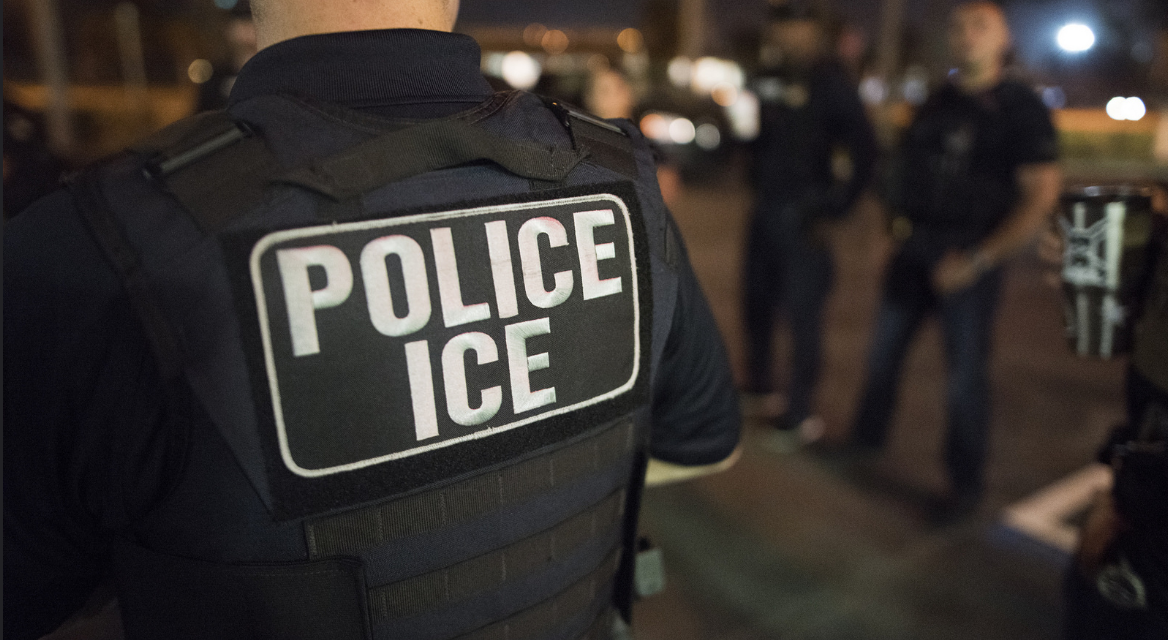
Roxsana Hernández Rodriguez, a 33-year-old transgender woman from Honduras, died in U.S. Immigration and Customs Enforcement (ICE) custody in May, weeks after presenting herself at the San Ysidro port of entry to ask for asylum.
An independent autopsy report released this week revealed evidence that Hernández was physically beaten while in ICE custody prior to her death. The report details deep bruising in her rib cage and contusions on her back, “indicative of blows, and/or kicks, and possible strikes with a blunt object.” The autopsy also revealed she had extensive hemorrhaging on her wrists from handcuffs.
After her five-day detainment in one of the agency’s “hieleras” or ice boxes—cells that are notorious for their freezing, harsh temperatures—Hernández was then transferred to Cibola County Correctional Center where she suffered from severe vomiting and diarrhea. She received no medical attention during her time in the ICE facility.
Though ICE initially claimed that the cause of death was cardiac arrest, the autopsy states that Hernández—who was HIV-positive—died from “severe complications of dehydration.” Her dehydration was compounded by the HIV infection, supporting the claim that her lack of treatment led to her death.
Unfortunately, death and inadequate medical care in ICE facilities are not unique to Hernández. In fact, her death represents the 27th death of immigrants in ICE custody since 2015. Numerous reports and studies from medical experts and immigration advocacy groups show a long pattern of ICE’s failure to provide adequate medical care. One found that ICE’s failure to comply with their own medical standards contributed to at least half of the reported in-custody deaths between 2010 and mid-2012.
Despite a growing body of evidence showing a systemic pattern of medical neglect in privately owned and operated facilities, the federal government expanded its private contracts in recent years to house a growing number of detained immigrants. ICE itself is set to receive funding for 3,480 more beds for the upcoming 2019 appropriations cycle on top of its current 44,000 capacity.
The Cibola County Correctional Center that housed Hernández, owned by CoreCivic—the largest private prison company in the United States—has a long history of substandard medical care. From 2007 to 2016, 30 of its 34 citations were related to medical care. CoreCivic also operates the South Texas Family Residential Center, which is currently under fire for the death of a toddler who died of a respiratory infection in the same month as Hernández due to alleged inadequate treatment.
Despite internal reports and inspections revealing concerning evidence of the medical conditions in private prisons, the federal government has continuously renewed its contracts with private prison companies to house non-citizen detainees at facilities across the country. The current detention standards are non-binding and lack a meaningful enforcement mechanism, evidenced by the fact that numerous substandard facilities remain open despite repeated findings of inadequate care.
Transgender immigrants, especially transgender asylum seekers, are especially vulnerable in the detention system. Transgender asylum seekers often flee violence and discrimination based on their gender identity and are likely to suffer from mental health conditions such as depression, anxiety, and PTSD. Hernandez’s vulnerable status was compounded by Cibola’s history of medical negligence and its remoteness from a facility capable of providing emergency or specialized care.
The government should move to immediately protect individuals in their custody and Congress should ensure accountability so that detainees seeking a better life do not die a preventable death.
Photo by U.S. Immigration and Customs Enforcement
FILED UNDER: featured, Immigration and Customs Enforcement, LGBT


